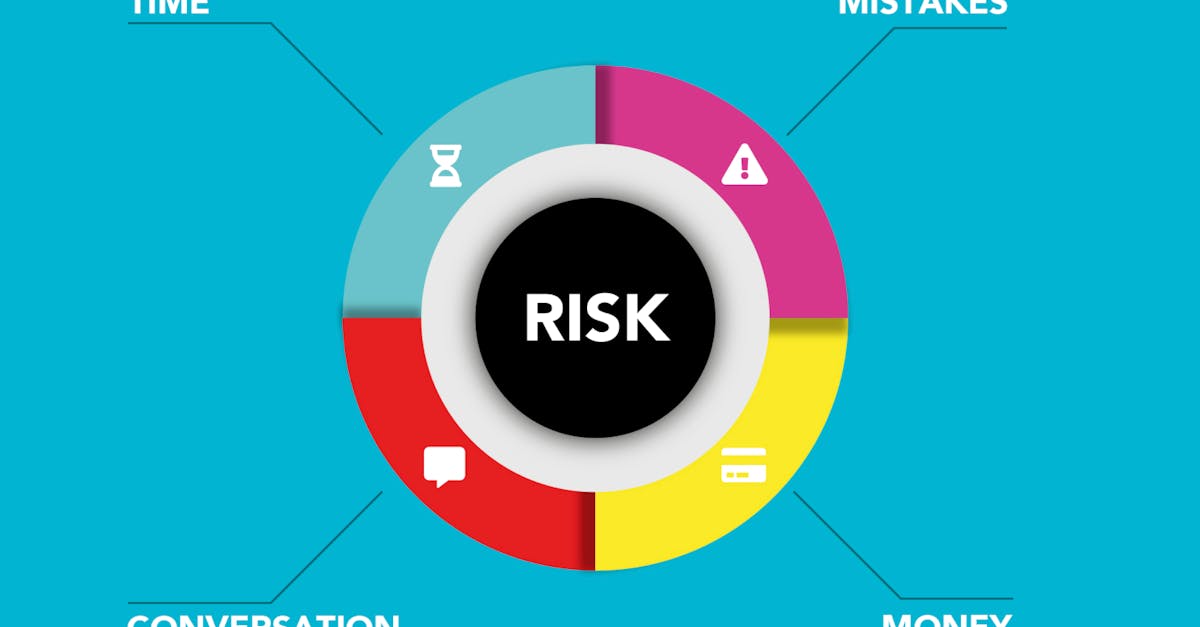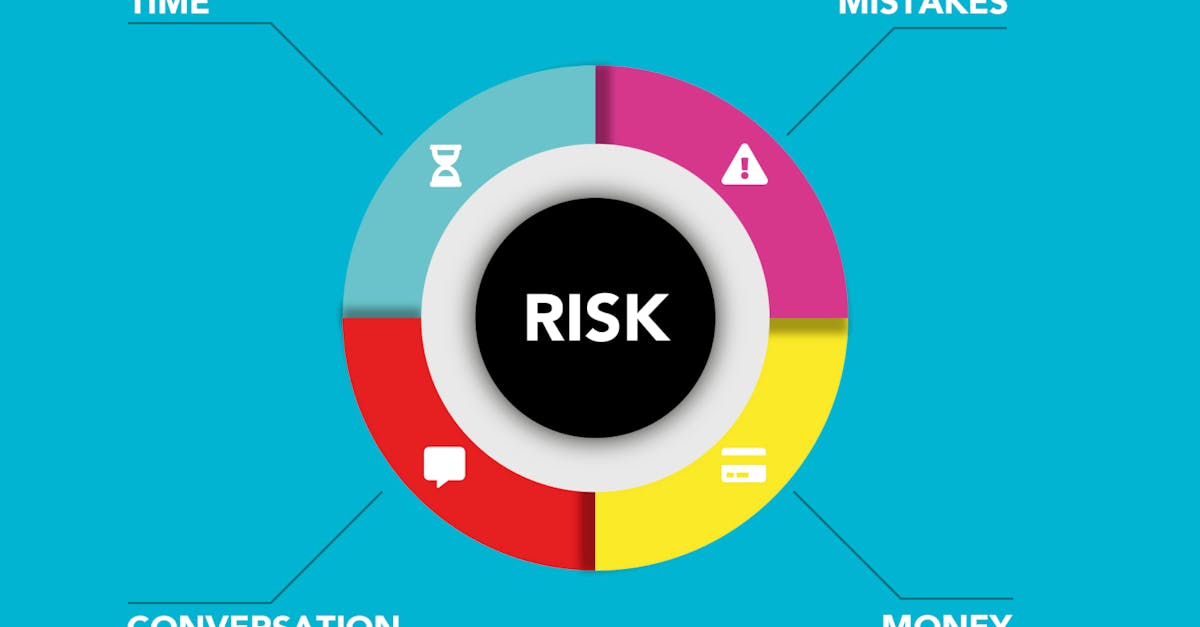Beyond Clicks Data Driven Marketing Strategies
Introduction: The Evolution of Marketing Analytics
In today’s digital world, marketing has evolved beyond the traditional strategies of simply broadcasting messages to large audiences. With the advent of digital technology, the focus has shifted towards more precise, targeted, and measurable approaches. This evolution has given rise to data-driven marketing strategies that go beyond merely tracking clicks. Smart marketers now harness vast amounts of data to inform decisions, optimize performance, and ultimately deliver real results. The emphasis has shifted to understanding customer behavior at a granular level, allowing businesses to develop strategies that are highly tailored and effective. This article explores how companies can leverage data-driven strategies not just to engage audiences, but to truly connect with them and drive meaningful results.
Advertisement
Understanding the Essence of Data Driven Marketing
Data driven marketing involves using insights drawn from data analysis to inform and steer every decision within the marketing strategy. By identifying patterns within the data, businesses can better understand the behaviors, preferences, and needs of their customers. This practice allows for continuously refined strategies that describe probable customer actions, serving as a predictor for future interactions. Furthermore, data driven marketing enables campaign personalization at an individual level, bringing value that far exceeds the scattergun approach of traditional campaigns. Ultimately, the data-centric approach empowers marketers to shift from intuition-based decisions to ones rooted in deep insights and evidence.
Advertisement
The Shift From Clicks to Conversions
While clicks were once the gold standard of measuring online marketing success, marketers have realized that clicks alone don't equate to tangible results. Conversions, which entail a potential buyer completing a desired action like making a purchase or signing up for a newsletter, serve as a more valuable metric. They provide insight into how effectively a marketing strategy is leading to actual business success. Focusing on conversions encourages marketers to explore what happens after the click—evaluating customer journeys and optimizing every step of it. Analyzing the path from click to conversion helps marketers reduce wasteful spend, cut down on inefficiencies, and better allocate resources.
Advertisement
Utilizing Predictive Analytics
Predictive analytics leverages historical data to predict future behaviors and trends, offering a potent tool for marketers. By deploying machine learning algorithms and statistical techniques, businesses can forecast market shifts or customer behaviors with remarkable precision. This predictive power allows teams to adjust strategies in anticipation of future demands. Marketers can create models to predict outcomes based on customer past activities and other variables. This means launching proactive campaigns that address specific customer needs, tailoring messaging and offers with higher probability for success. Predictive analytics changes the game by indicating where to focus resources for maximizing return on investment.
Advertisement
Advanced Customer Segmentation Techniques
Data driven marketing empowers businesses to implement advanced customer segmentation based on behaviors, preferences, and demographics. By analyzing patterns within data, businesses stratify customers into segments with shared characteristics. This allows for tailoring campaigns and messages that resonate with each group’s distinct needs and desires. Segmentation enables personalizing the entire customer journey—from tailored ad content, specialized offers, to user-specific communication channels. Such precise targeting reduces waste and enhances engagement. By drawing nuanced customer insights, marketers ensure their messages reach not just a wide, but the right audience.
Advertisement
Attribution Models and Their Importance
Understanding which parts of a marketing strategy contribute to conversions is crucial for refining future efforts. Attribution models serve this purpose by assigning value to various touchpoints a customer may interact with before converting. The insights from attribution models inform marketers where to focus their efforts for the greatest outcomes. These models vary, from single-touch attribution, which credits only one interaction, to more sophisticated multi-touch or weighted models offering a more holistic view. Choosing the right model depends on the nature of the business and campaign goals. Proper attribution allows marketers to pinpoint successful elements and reinforce them, ultimately optimizing marketing strategies.
Advertisement
Leveraging Data for Enhanced Customer Experience
Utilizing data-driven insights extends beyond marketing to drive a holistic customer experience. Data enables businesses to anticipate customer needs and deliver seamless interactions across channels, from personalized recommendations to customer support. A positive, data-enhanced customer experience significantly elevates brand reputation and loyalty. By collecting and analyzing customer behavior data, businesses offer tailored solutions or content that align with consumer expectations, improving satisfaction and retention rates. Technology, such as Artificial Intelligence and real-time analytics, plays a pivotal role in ensuring these experiences are timely and relevant, setting the brand apart in a competitive marketplace.
Advertisement
Addressing Privacy Concerns
In the age of data-driven marketing, maintaining consumer trust is crucial, particularly when dealing with sensitive data. Striking a balance between personalization and privacy is imperative for marketers. Implementation of transparent data usage policies, clear communication regarding data collection, and ensuring secure handling of data is essential. Moreover, adhering to regulations like GDPR or CCPA not only enhances consumer confidence but safeguards business integrity. By emphasizing ethical data practices, companies foster long-term customer relationships and prevent potential breach incidents that could damage brand reputation.
Advertisement
The Role of AI and Machine Learning in Marketing
Artificial Intelligence (AI) and Machine Learning (ML) lie at the frontier of data-driven marketing, revolutionizing how businesses operate. AI helps automate tasks and offers personalized experiences based on predictive algorithms. Machine Learning processes vast datasets, identifying patterns indecipherable to human analysts. These technologies enable real-time decision making, optimizing campaigns dynamically as they run. From chatbots and recommendation engines to automated content generation, AI and ML empower marketers to work smarter, not harder. Implementing these technologies results in smarter spending, more effective campaigns, and greater customer engagement.
Advertisement
Conclusion: The Future of Data Driven Marketing
In conclusion, data-driven marketing strategies transcend beyond tracking mere clicks. By focusing on insights drawn from data analysis, businesses can develop targeted, personalized strategies that drive real results. Utilizing predictive analytics, advanced segmentation techniques, and accurate attribution models empowers marketers to refine the customer journey and optimize each touchpoint. While privacy concerns must be addressed, leveraging AI and Machine Learning ensures businesses are better equipped to connect with their audience in meaningful ways. As the marketing landscape evolves, data-driven strategies will prove essential in unlocking growth, ensuring businesses remain competitive in a rapidly changing digital environment.
Advertisement


